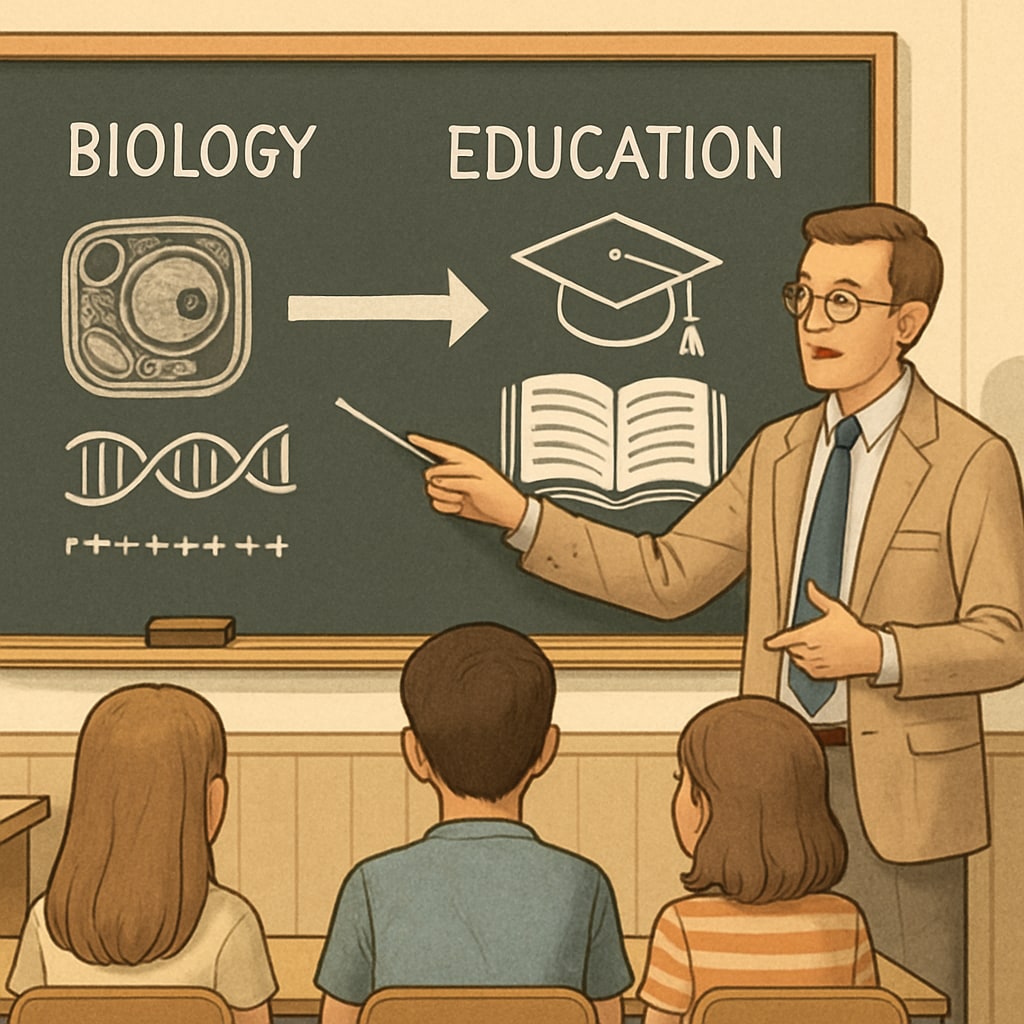For students with a biology background considering a master’s in education, the transition may appear daunting yet promising. Combining the analytical rigor of science with the creative and empathetic aspects of teaching offers a unique opportunity for professional growth. This article explores the feasibility of transitioning from biology to education, analyzing the challenges and opportunities, and providing actionable advice to facilitate the journey.
Why Consider Transitioning from Biology to Education?
Biology graduates often possess a deep understanding of scientific processes, critical thinking, and problem-solving skills—all of which are invaluable in educational settings. As schools and universities increasingly emphasize STEM (Science, Technology, Engineering, and Mathematics) education, educators with strong scientific backgrounds are in demand. Transitioning to education allows biology professionals to share their expertise while nurturing future scientists and thinkers.
- Growing demand for STEM educators: Schools globally are prioritizing STEM education, creating opportunities for biology-trained professionals to contribute.
- Transferable skills: Scientific research and teaching share skills like critical analysis, systematic observation, and clear communication.
- Passion for teaching: Many biology graduates discover a love for teaching through mentoring and lab supervision roles.

Challenges of Transitioning to a Master’s in Education
Despite the opportunities, shifting from biology to education involves challenges. Students must navigate differences in teaching pedagogy, curriculum design, and classroom management, which may feel unfamiliar compared to laboratory-based work. Understanding human behavior and learning theories adds another layer of complexity. However, with dedication and the right resources, these hurdles can be overcome.
Key challenges include:
- Adapting to a new discipline: Education theory and practice differ significantly from scientific research methodologies.
- Building classroom management skills: Managing diverse learners requires patience and understanding.
- Overcoming initial doubts: Transitioning to a new field can cause self-doubt, especially for those unfamiliar with educational practices.

Practical Tips for a Successful Transition
Making the leap from biology to education requires strategic planning and a willingness to embrace new challenges. Here are some practical steps for a smoother transition:
- Research master’s programs: Look for education degrees that emphasize STEM teaching or offer specialized tracks for science graduates.
- Gain teaching experience: Volunteer as a tutor or teaching assistant to build foundational skills in pedagogy.
- Leverage your biology expertise: Highlight your scientific background during applications and interviews to stand out.
- Network with educators: Connect with professionals in education to gain insights and mentorship.
- Stay adaptable: Embrace the learning curve and stay open to new teaching methods and philosophies.
For additional guidance, consider consulting resources such as Education Basics on Britannica and Educational Psychology on Wikipedia.
The Value of Combining Science with Education
Bringing scientific expertise into education enhances learning experiences for students. Educators with biology backgrounds can inspire curiosity and foster critical thinking, while equipping learners with the tools to understand complex scientific phenomena. This interdisciplinary approach enriches education and prepares students for future challenges in STEM fields.
Ultimately, transitioning from biology to education represents an opportunity not only for personal growth but also for contributing to society by shaping the minds of future generations.
Readability guidance: This article uses short paragraphs, lists, and common transition words for clarity. It avoids jargon and maintains an engaging, professional tone throughout.


